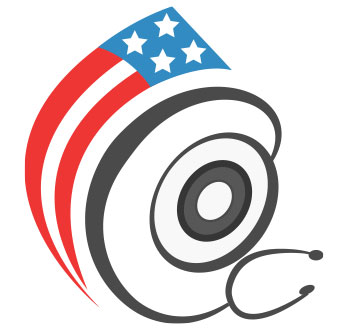Cholesterol is a sterol lipid, a form of fat, found in the cell membranes of all body tissues of humans and animals. Most of it is synthesized internally in the liver, but a part of it comes directly from animal-derived foods (meats, eggs, and dairy products) present in the diet. Cholesterol is an essential ingredient of many physiological body functions. For example, it helps produce bile, combines hormones and vitamin D, and metabolizes fat-soluble vitamins (A, D, E, K). It is, therefore, important to keep cholesterol levels within an ideal range, not too low and not too high.
Link Between Cholesterol Levels and General Well-Being
Studies show a link between lower-than-ideal cholesterol levels and depression, anxiety, mood swings, and Parkinson's disease. On the other hand, high levels can lead to a host of cardiovascular and cerebrovascular diseases such as high blood pressure, heart attack, stroke, paralysis, and so on. This happens because of the build-up of a hard fatty deposit (plaque) in the arteries and consequent narrowing and hardening of the arteries (atherosclerosis). The problem of plaque formation gets worse if the fraction of HDL cholesterol in the blood is low. HDL (high-density lipoprotein) is the good cholesterol that prevents the buildup of plaque in the arteries. The HDL helps to carry the plaque-forming bad cholesterol (LDL) away from the arteries and tissues to the liver for breakdown and disposal. LDL means low-density lipoprotein.
The Age Factor
The need to pay attention to cholesterol levels increases with age. It is, therefore, important to know the various causes that can contribute to high LDL levels and low HDL levels. Some of these risks are:
Obesity
Obesity implies being overweight because of excess fat in the body, and excess fat translates to high cholesterol levels. The higher the total cholesterol, the higher would be the LDL level and, normally, the lower the HDL level.
Heredity
Heredity is another risk factor for developing high cholesterol levels, however, you can control it to some extent by adopting a healthy lifestyle and a low-cholesterol diet.
Diet
Diet plays an important role in controlling your cholesterol levels. Foods rich in cholesterol, saturated fats, and trans fats push your levels too high for your well-being.
Sedentary lifestyle
Lack of physical exercise decreases the HDL level, which in turn raises the LDL level and the total cholesterol level.
Smoking
Smoking hardens the arteries and decreases the HDL level, by increasing the LDL and total cholesterol levels.
Blood Test
A blood test called lipid or lipoprotein profiling measures the blood serum cholesterol levels, first on a fasting stomach and then after meals. The lipid profile will give information about total cholesterol, LDL cholesterol, and HDL cholesterol.
Lab technicians measure all cholesterol levels in milligrams of cholesterol per deciliter of blood (mg/dL). The desirable total cholesterol level is less than 200 mg/dL. You can consider 200-239 mg/dL as borderline high, but more than 240 mg/dL is considered high.
The matching figures for LDL cholesterol are less than 100 mg/dL (optimal); 130-159 mg/dL (borderline high) and 160-189 mg/dL (high) and more than 190 mg/dL (very high). An HDL of less than 40 mg/dL is considered a major risk factor for heart disease. From 40 to 59 mg/dL is considered satisfactory, and above 60 mg/dL is what provides protection against heart disease and is highly desirable. Any treatment for high cholesterol levels aims at lowering the LDL level while raising the HDL level. Adopting some lifestyle and diet changes that minimize the risk factors can effectively lower moderately to borderline high levels, without the need for prescription drugs. But for higher cholesterol levels one has to resort to cholesterol-lowering drugs as well as making therapeutic lifestyle and diet changes.
About the Author: Julia Carmichael. Get the latest in cholesterol levels know-how from the only true source at http://www.lowercholesterollog.com. Check out our cholesterol levels pages.
DoctorSolve™ Healthcare Solutions Inc., a Canadian Internet-based pharmacy intermediary (license #BC X23), offers low-cost, long-term prescription drugs. A professionally registered pharmacist fills all Canadian prescriptions. A certified member of the Canadian International Pharmacy Association, DoctorSolve™ is ranked as one of the best online Canadian pharmacies.
DoctorSolve™ is ranked as one of the best Canadian pharmacies online. DoctorSolve™ has filled more than 200,000 U.S. prescriptions.
For more information on how to order Canada drugs safely and securely call 1-866-732-0305 or visit https://www.doctorsolve.com/ - a trusted and reliable Canadian online pharmacy since 1999.





